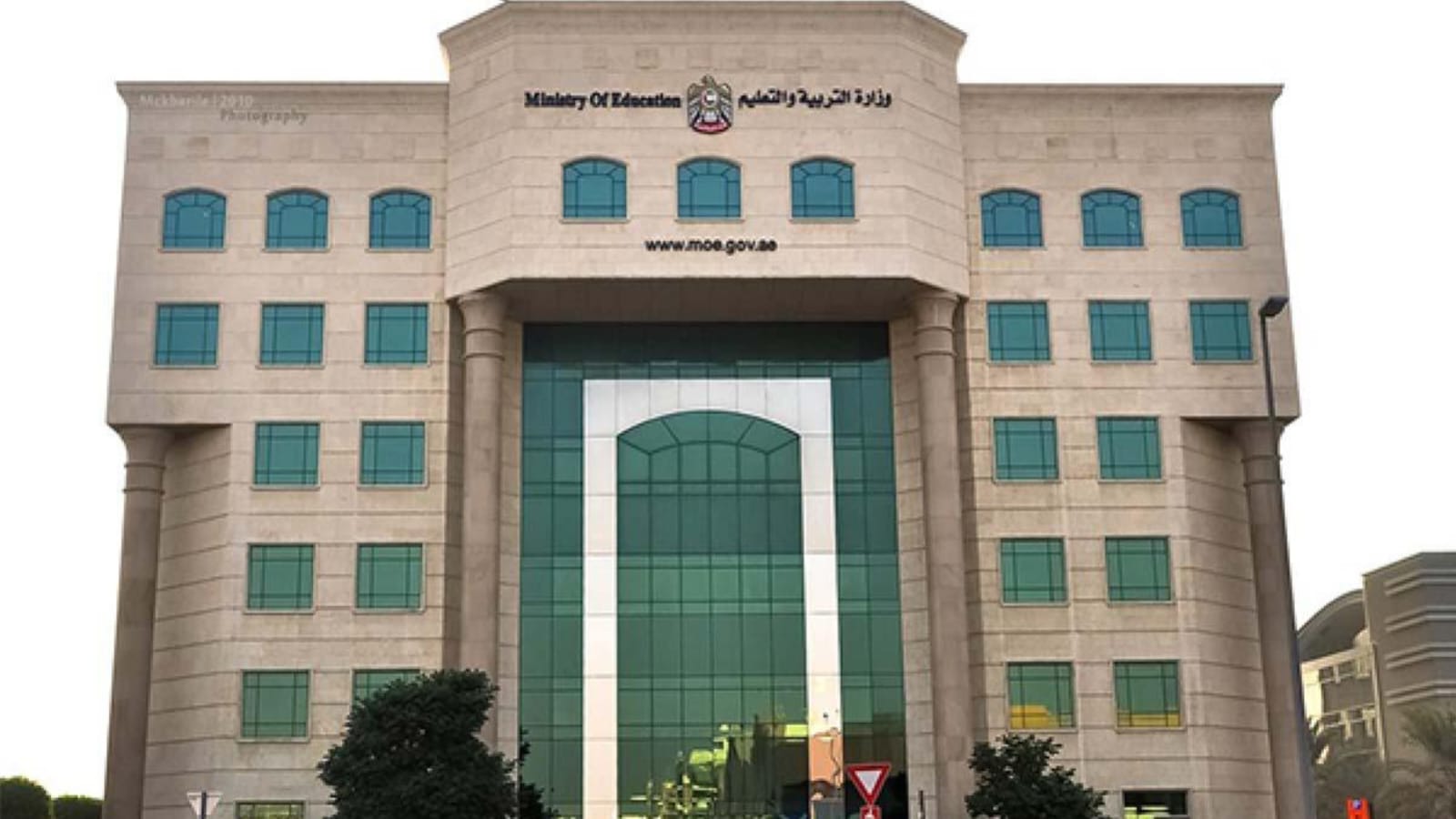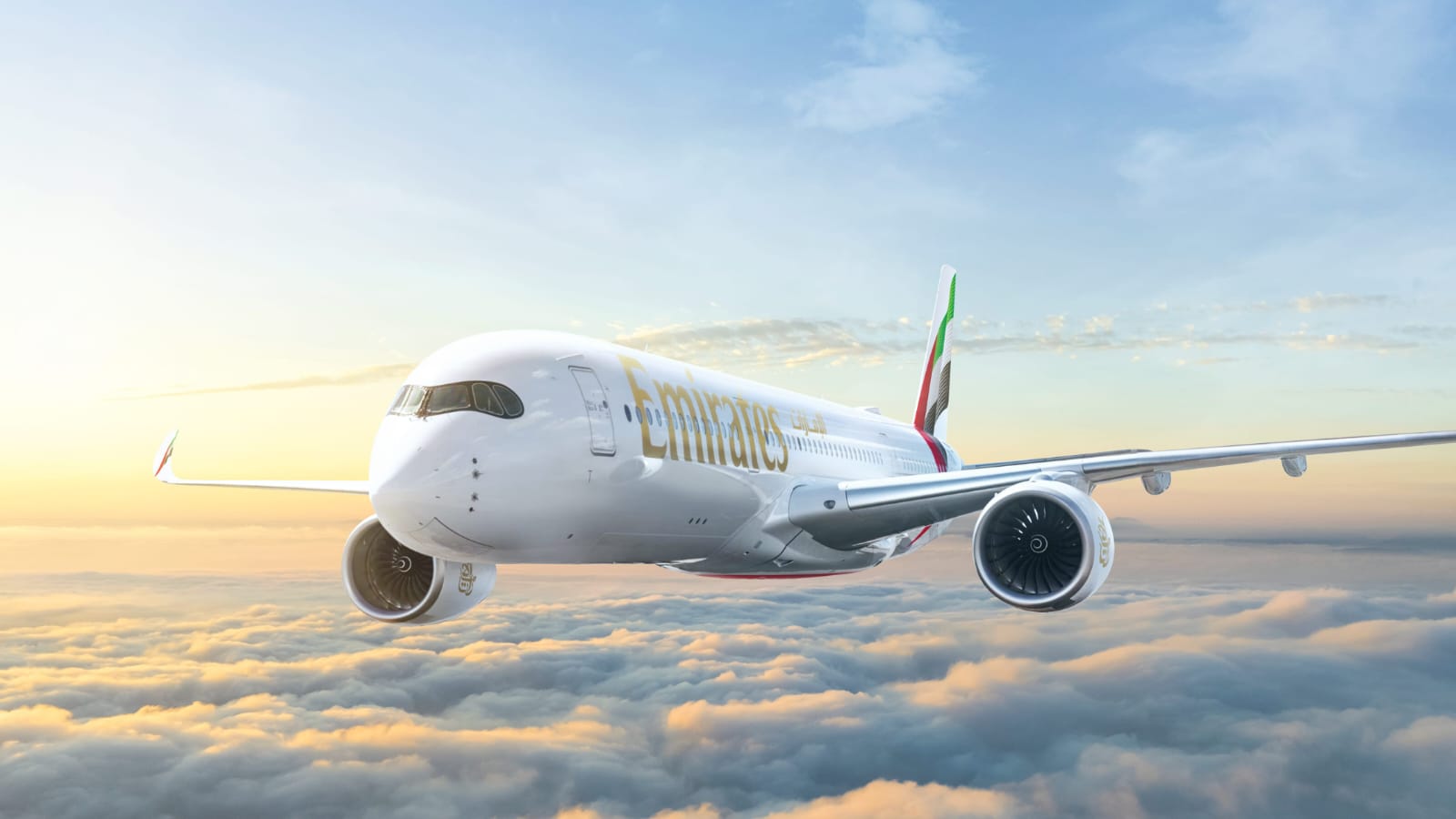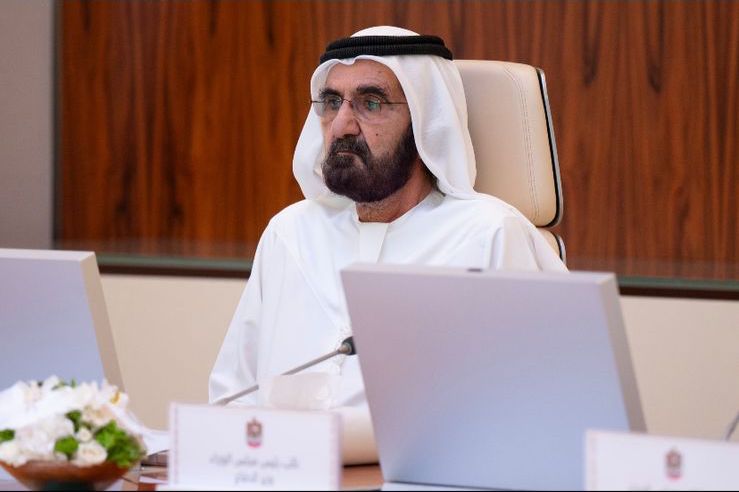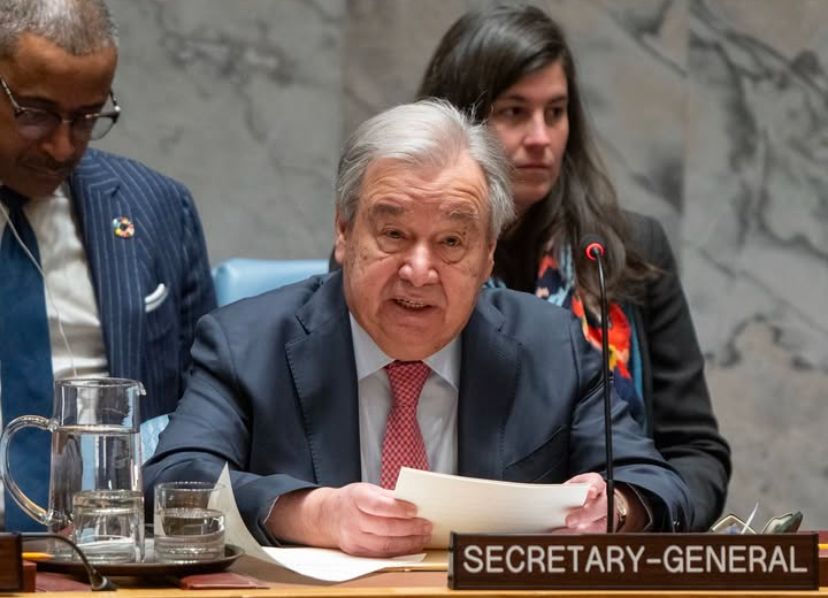UAE Condemns Israel’s Attack on Doha, Calls for Global Action
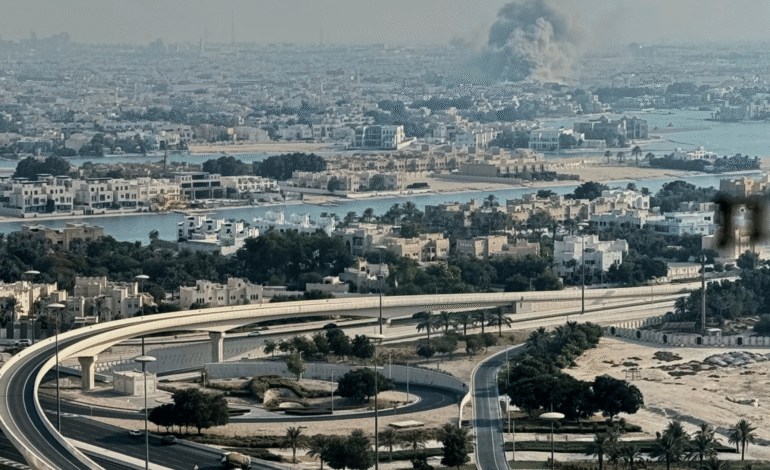
The United Arab Emirates has strongly condemned Israel’s recent airstrike on Doha, the capital of Qatar. The attack, which shocked the region and the world, was described by UAE leaders as a blatant violation of sovereignty, a serious breach of international law, and a direct threat to peace and stability in the Middle East.
Sheikh Abdullah bin Zayed Al Nahyan, Deputy Prime Minister and Minister of Foreign Affairs, led the UAE’s response. He called the attack both “blatant and cowardly,” stressing that it endangered innocent civilians and undermined international norms.
The UAE expressed its full solidarity with Qatar, affirming support for every measure to protect its citizens and residents. Sheikh Abdullah urged for an immediate end to military escalation and warned that continued strikes could destabilize the Gulf and create global consequences.
The Nature of the Attack on Qatar
The Israeli strike hit a residential compound in Doha’s West Bay Lagoon district. This area is known for embassies, schools, and housing for diplomats and families. According to Qatar’s Interior Ministry, explosions shook the city, leaving smoke clouds over several neighborhoods.
Israel later confirmed that it had targeted Hamas leaders living in Qatar. Among those killed were several Hamas members, including the son of Khalil al-Hayya, a senior Hamas negotiator. A Qatari security officer also died in the strike. Other Qatari security personnel were injured while al-Hayya survived.
This was the first Israeli strike ever carried out on Qatari soil, marking a dramatic escalation of the conflict. Qatar immediately condemned the act as “cowardly” and confirmed that rescue and security forces were deployed to manage the aftermath.
UAE’s Strong Stand for Sovereignty
Sheikh Abdullah bin Zayed made it clear that the UAE views the attack as not only an assault on Qatar, but also a challenge to the principles of sovereignty and peace.
He said the strike represents:
- A flagrant violation of international law.
- A grave breach of the UN Charter.
- A reckless move that threatens both regional and global security.
They called on the United Nations Security Council to act immediately and deter Israel from repeating such attacks. He also reminded the world that ignoring violations of sovereignty sets a dangerous precedent for the Middle East.
Gulf Unity in the Face of Aggression
The UAE’s reaction highlights the unity of Gulf states. Dr. Anwar Gargash, Diplomatic Adviser to the UAE President, emphasized that “the security of the Gulf states is indivisible.” This means that an attack on one Gulf state is seen as a threat to all.
He described the airstrike as a treacherous Israeli attack and stressed that the UAE will always stand with Qatar during such times. His remarks underline the regional understanding that peace and safety in one country cannot be separated from peace and safety in another.
Regional Reactions to the Doha Strike
- The UAE’s condemnation was part of a wider wave of outrage across the region.
- Saudi Arabia denounced the strike as brutal and expressed solidarity with Qatar.
- Turkey said the attack was an act of state terrorism and accused Israel of targeting Hamas officials during ceasefire talks.
- The Gulf Cooperation Council (GCC) called the attack “cowardly and despicable,” reflecting a united Gulf front.
- The Arab League also condemned the aggression, stating it was a dangerous escalation.
These reactions show how the Israeli strike has created a common position among Middle Eastern states. While differences often exist within the region, the attack on Qatar has united many voices against what is seen as a reckless move.
Global Condemnation Beyond the Middle East
The shockwaves extended far beyond the Gulf. Many international leaders and organizations voiced strong criticism:
The United Nations Secretary-General António Guterres called it a “flagrant violation” of Qatar’s sovereignty. He urged all parties to reduce tensions and return to peace talks.
Germany, the UK, and France labeled the strike as unacceptable and warned it could derail ongoing ceasefire efforts.
The United States admitted it was informed in advance but distanced itself from the operation. President Trump described it as “unfortunate” and said it endangered peace negotiations in the region.
This combination of regional and global outrage reflects the seriousness of the event and its potential impact on peace diplomacy.
Implications for Peace and Mediation
For years, Qatar has acted as a mediator between Israel and Hamas. It played a central role in negotiations to reach ceasefires in past conflicts. This strike, carried out on its own soil, puts that role at risk.
Many analysts believe that the attack could derail current efforts toward a ceasefire. It has created mistrust and anger at a time when mediation was already difficult. If Qatar’s role as a mediator is weakened, future peace talks may lose one of their key bridges.
This development also raises wider concerns: if a state like Qatar an ally of the United States and an important mediator can be attacked without serious consequences, other states in the region may feel vulnerable.
Why the UAE’s Voice Matters
The UAE is known for its diplomatic influence in the Middle East. It often acts as a bridge between the Arab world and the international community. By condemning the attack in such strong terms, the UAE has positioned itself as a defender of international law and Gulf security.
The UAE’s call for the UN Security Council to act adds weight to the demand for global accountability. Its emphasis on sovereignty resonates with many nations who view border security and independence as central to peace.
Risks of Further Escalation
Sheikh Abdullah warned that continued provocations could trigger a spiral of instability. The Middle East is already fragile, and one reckless move can quickly draw multiple nations into conflict.
- Without firm international action, he warned, attacks like these could:
- Undermine peace negotiations already in progress.
- Fuel more violence in Gaza, Israel, and beyond.
- Destabilize Gulf security, creating risks for global trade and energy.
- Weaken international law, encouraging similar acts elsewhere.
- The UAE has made it clear that such actions are “unacceptable and cannot be overlooked.”
What This Means for the Future
The attack on Doha is more than just one strike. It is a turning point that may change how countries in the Middle East handle conflict, diplomacy, and security.
The UAE’s strong reaction shows the importance of unity and law in preventing chaos. Qatar’s sovereignty was attacked, but the solidarity expressed by Gulf states demonstrates resilience.
The world now faces a choice: either strengthen international law and hold aggressors accountable, or allow dangerous precedents that threaten stability everywhere.
A Call for Collective Responsibility
The UAE’s condemnation of Israel’s strike on Doha sends a clear message: sovereignty must be respected, law must be upheld, and peace must be protected.
The words of Sheikh Abdullah and Dr. Gargash reflect more than anger. They represent a demand for a safer Middle East, where reckless attacks do not decide the future.
The responsibility now lies not only with regional leaders but also with the wider international community. The world must act to deter further aggression, protect civilian lives, and keep open the fragile path toward peace.



